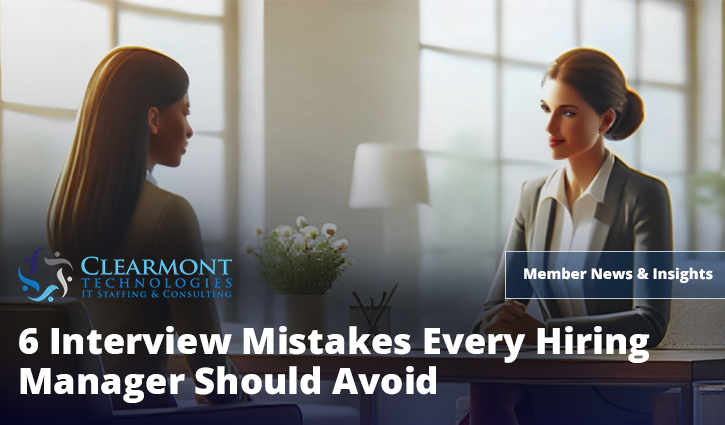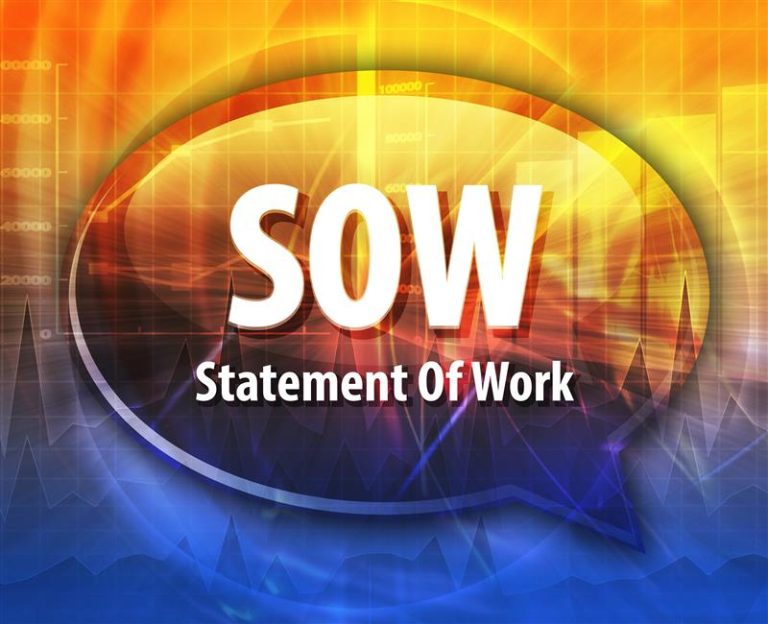We often focus on what to do in interviews, but sometimes knowing what not to do is just as crucial.
Here are 6 pitfalls to avoid when interviewing candidates:
- Don’t Come Unprepared: Familiarize yourself with the candidate’s background and have relevant questions ready. This sets the stage for a productive and insightful conversation.
- Avoid Talking Too Much: Remember, the goal is to learn about the candidate, not showcase your own expertise.
- Don’t Ask Illegal or Discriminatory Questions: Steer clear of queries about age, race, religion, marital status, or other protected characteristics. Also note if your state bans discussing salary history.
- Avoid Making Snap Judgments: First impressions matter, but don’t let them overshadow the entire interview.
- Avoid Overpromising: Be honest about the role and company culture to ensure a good fit for both parties.
- Don’t Neglect to Explain Next Steps: Always end the interview by outlining the rest of the hiring process.
Don’t Come Unprepared
When you’re stretched thin, it can be tempting to glance at a resume just before the interview. But doing so risks missing out on truly uncovering the candidate’s potential—or overlooking red flags. To ensure a fair and thorough interview, it’s a good idea to have a list of job-related questions prepared in advance. Consistency is key; by asking each candidate the same set of questions, you can better compare their responses and ensure you’re staying within legal bounds. Job-relatedness isn’t just a best practice; it’s essential for avoiding legal issues.
Avoid Talking Too Much
When you’re talking, you’re not learning what truly matters to the candidate. By giving them the space to speak, you can discover their priorities and hot buttons, helping you better match their needs with what your company offers. This becomes especially crucial when trying to attract top talent who might have multiple job offers. Understanding their motivations allows you to highlight aspects of your company that align with their goals, making your offer more appealing.
Don’t Ask Illegal or Discriminatory Questions
In some states, it’s illegal to ask about salary history, and there are several other questions you should steer clear of. For instance, asking if a candidate is a U.S. citizen is off-limits; instead, you should ask if they’re authorized to work in the U.S. Similarly, asking when someone graduated high school or college can be problematic. These questions, though seemingly innocent, can lead to discrimination claims. Conducting effective interviews hinges on knowing which questions are legally permissible. If you’re unsure, it’s always best to consult with HR or legal to ensure your questions are compliant with current laws.
Avoid Making Snap Judgments
First impressions are powerful, but they can also be misleading. Having a set of job-related questions can help mitigate this bias. When you rely on a consistent list of questions, you can avoid snap judgments and instead focus on gathering comparable data from each candidate. This approach not only helps in evaluating who might work best in the role but also ensures a fairer assessment across all candidates.
Avoid Overpromising
It can be tempting to overpromise when you come across a candidate you really want on your team. But rather than making commitments you might not be able to keep, focus on understanding what’s truly important to them. This goes back to the importance of listening more than talking. For example, if a candidate values flexibility over salary, address that directly. Don’t shy away from discussing what the job can and cannot offer—it’s better to address any concerns upfront. This way, you can assess how critical those factors are to the candidate and whether they’re willing to compromise. A good long-term fit is always better than a quick hire.
Don’t Neglect to Explain Next Steps
One of the top complaints we hear from candidates is a lack of clarity on what happens after the interview. Always end the interview by explaining the next steps in the hiring process. This not only keeps candidates engaged but also reflects well on your company. Clear communication here can make a significant difference in the candidate experience, ensuring they feel valued and informed.
Key Takeaways
A lot goes into finding the right person for a long-term match and avoiding these common interview mistakes can significantly improve your chances. By being prepared, listening more than you talk, asking job-related questions, avoiding snap judgments, being honest about what your company offers, and clearly outlining the next steps, you’ll gather the information you need to make the best hire.
This article was provided to TechServe by Clearmont Technologies. You can view the original article here.













